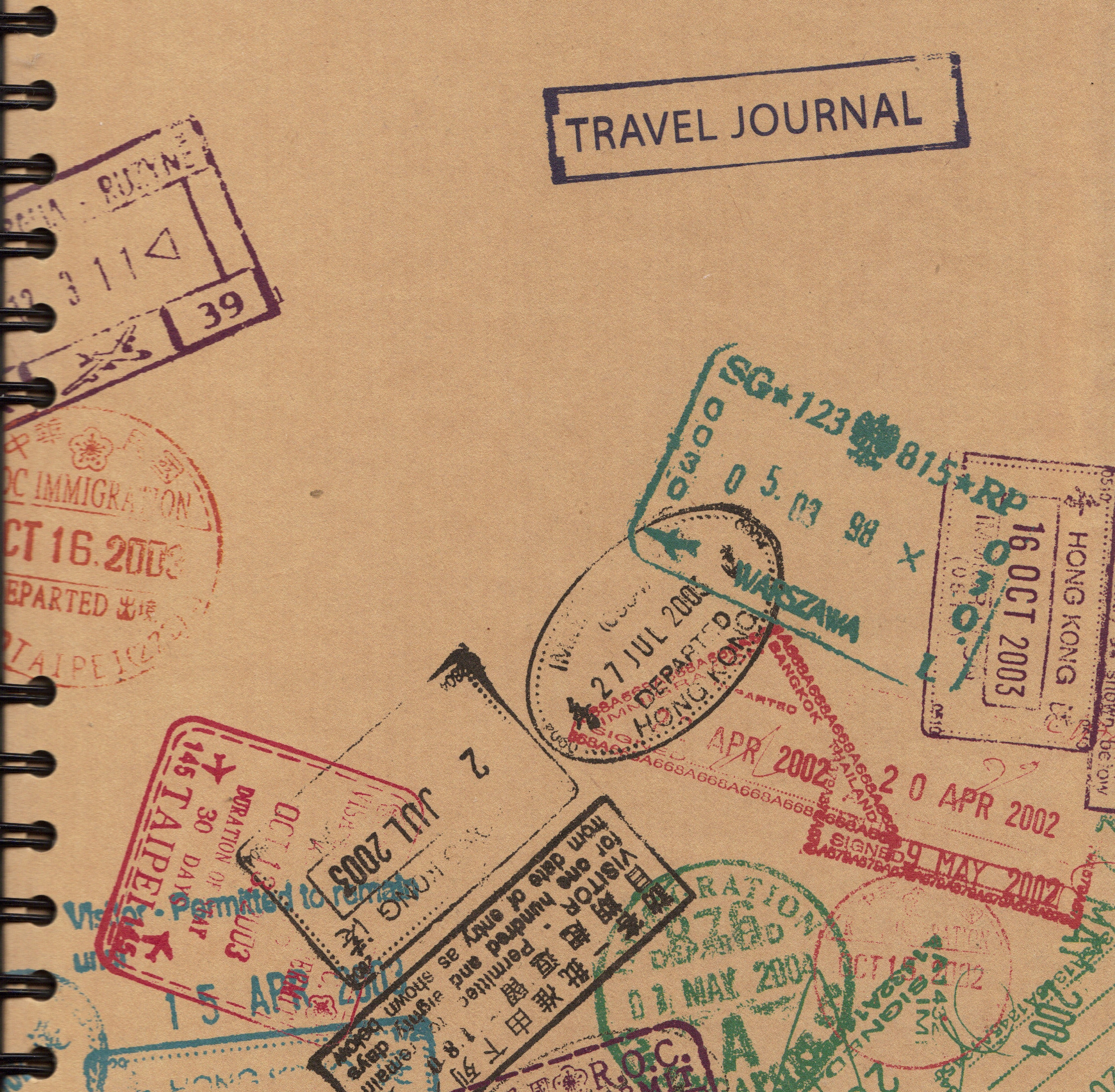It was nice inside and I for one could have stayed longer but we didn’t want the girls getting drunk so after a second beer we left and walked out into the street where it was cold but not unpleasant.
The area around the hotel was quite run down and the buildings looked tired with peeling facades revealing crumbling brickwork and rotting timbers beneath. After the war, under the Polish Communist regime, Kazimierz deteriorated into a seedy and disagreeable area and it is only since the mid 1990s that the district has begun to rediscover its Jewish heritage and undergo reconstruction and regeneration to become one of the main tourist centres in Krakow.
We walked the short distance to the edge of the old city, the district of Wawel and the Royal Castle, where a busy intersection of main roads teemed with end of day activity as people were leaving work and taking the journey home.
Overhead an intricate spider’s web of electric cables was providing power to the blue and cream trams that regularly rattled past on the steel tracks in the roads. Some of these were modern Bombardier flexi-trams that hummed rather than clanked but my favourites were certain future museum pieces from the 1950s and 60s that conjured up images of the old days of the Soviet Empire.
I noticed that as passengers got on board they immediately began to look grey and tired and seemed to become a feature of the tram as though locked permanently into a 1960s Krakow time warp. The trams whirred and screeched and sounded bells to warn of their approach as they drew up and pulled off, setting down and picking up and clattering away again between the rows of neglected buildings and out towards the proletarian flats of the city suburbs.
We continued our walk into the historic centre of Krakov and circumnavigated the famous cloth hall, which was disappointingly undergoing major restoration and only partly open; then through temporary external market stalls selling souvenirs and genuine traditional Polish handicrafts and around the shops and restaurants that line one of Europe’s largest central market squares.
It was starting to get dark and by now it wasn’t very warm at all. The cold was draining the life out of my fingers and toes and I was beginning to regret the decision not to bring the gloves that were still in my unpacked bag in the hotel room. I was delighted therefore when the group decision was that we should return to Kazimierz and the Crocodile stopping on the way at a mini-market for alcohol for later. There weren’t many screw cap bottles of wine in the little shops so the choice was severely limited until Micky came up with the brilliant and practical suggestion to purchase a corkscrew, which significantly increased our opportunities for selection.
The Crocodile was warm and cozy and busy too when we returned and settled down for a final drink before returning to the hotel to unpack and change ready for evening meal. This didn’t take long and within half an hour we were back in the seductive Crocodile bar for an aperitif before an evening meal in our chosen restaurant, the Casablanca next door.
We only had one drink this time because we really didn’t want the girls getting drunk and soon we were at our table in a subterranean dining room and making choices between traditional Polish and contemporary Moroccan cuisine off of a very reasonably priced menu.
We made our selections and ordered some wine and then Sue suddenly went pale and lost her legs as the effect of the alcohol kicked in. I couldn’t understand this because although we hadn’t eaten since breakfast she had only had four pints of strong Polish Żywiec lager and that didn’t seem a lot and then I was reminded about the generous tot of complimentary Jameson Whiskey she had knocked back earlier at the airport in celebration of St Patrick’s day.
The remaining members of the tour party were thankfully unaffected and we drank some more and ate our meals, sharing Sue’s fish out between us so that it didn’t go to waste and then after an excellent first day in Krakow agreed on an early night ahead of a second busy day of sightseeing.





